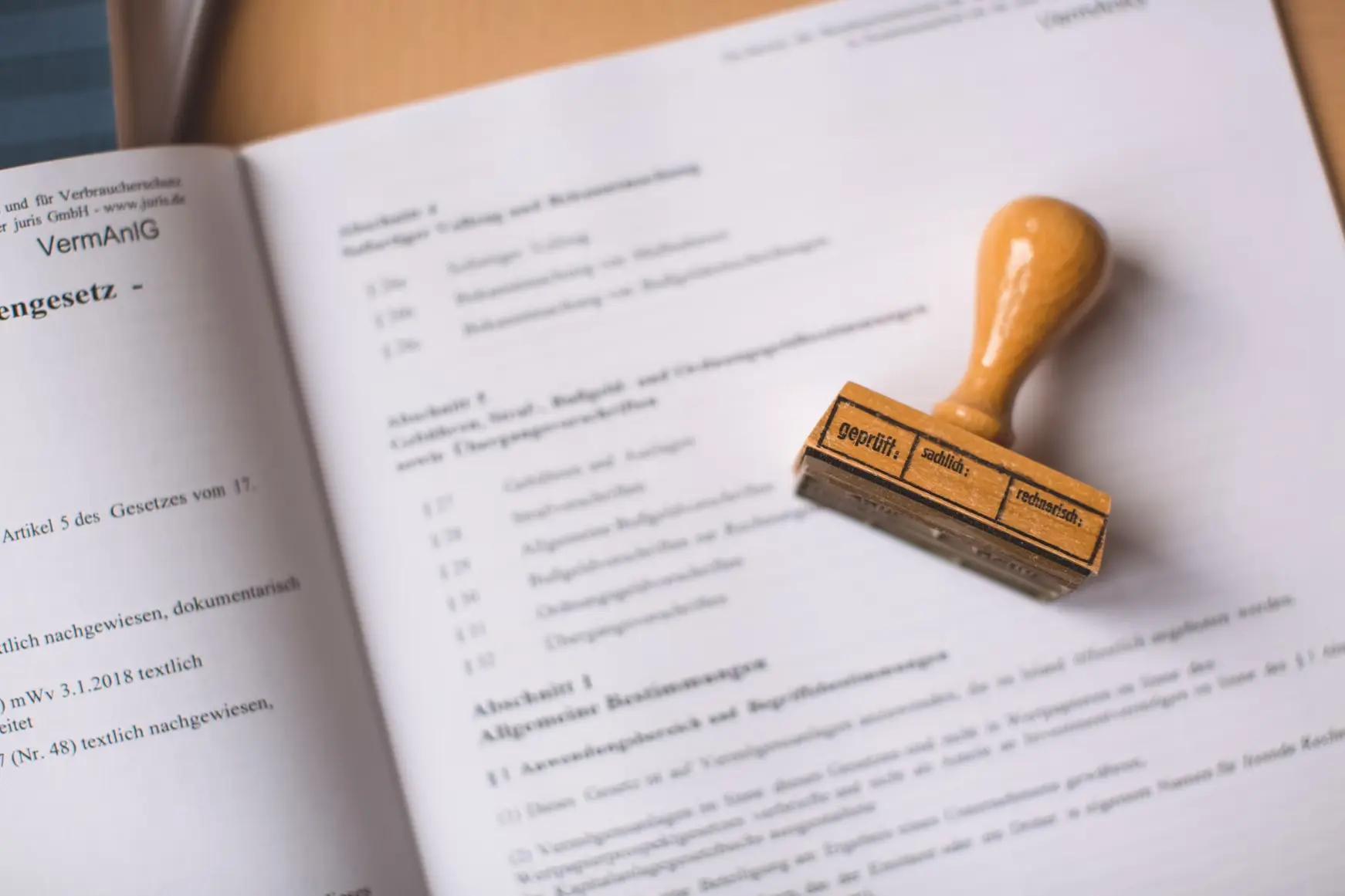
Legal Drafting - Professional Document Creation

In today’s legal landscape, where precision and compliance are paramount, accuracy in legal drafting can make or break a case, contract, or transaction. Legal professionals are increasingly adopting Artificial Intelligence (AI) to improve the precision, uniformity, and efficiency of drafting legal documents. This shift is not only transforming how legal work is done but is also setting a new benchmark for what clients expect from modern law firms. This article explores how AI improves legal drafting accuracy, the tools driving this change, and how platforms like Qanooni AI are making legal documentation smarter, faster, and more reliable.
Key Takeaways
- AI can drastically reduce human error in legal drafting through intelligent proofreading, clause validation, and standardisation.
- Platforms like Qanooni AI offer document automation and pre-vetted templates to ensure high accuracy and compliance.
- Human-AI collaboration is key—AI boosts speed and accuracy, but final legal judgment should always rest with trained professionals.
Why Accuracy in Legal Drafting Matters
Legal documents—contracts, pleadings, memorandums, and agreements—must meet high standards of clarity, legality, and structure. Inaccuracies in language, incorrect citations, or missed clauses can result in:
- Legal disputes or litigation
- Regulatory penalties
- Loss of client trust
- Reputational damage
Traditionally, accuracy in legal drafting relied on manual proofreading, peer reviews, and the experience of senior lawyers. But even the best professionals are prone to human error, especially under pressure or with large volumes of documents. This is where AI-native legal drafting tools come into play.
How AI Enhances Accuracy in Legal Drafting
AI-native solutions offer a range of benefits that contribute to higher accuracy and overall document quality. These tools are capable of quickly detecting and fixing:
1. Intelligent Error Detection
AI tools can instantly identify and correct:
- Typographical and grammatical errors
- Inconsistent formatting
- Inaccurate cross-referencing of sections or clauses By leveraging Natural Language Processing (NLP) and machine learning, AI can interpret legal terminology within its proper context—not just at a grammatical level.
2. Clause and Term Validation
Many legal drafting AI platforms are equipped with databases of pre-vetted clauses. They can:
- Flag outdated or risky language
- Suggest compliant alternatives
- Ensure standard terminology is used consistently across the document This reduces ambiguity and enhances legal defensibility.
3. Real-Time Legal Citation Checking
AI can automatically verify references to statutes, case law, and regulations, ensuring they are current and correctly cited. This capability is particularly valuable in dynamic legal fields such as data privacy and financial compliance, where laws evolve rapidly.
4. Standardisation Across Documents
Legal teams often need to draft variations of the same document for different clients or jurisdictions. AI ensures consistency by using standardised templates, boilerplates, and language structures that minimise discrepancies.
5. Smart Suggestions and Predictive Text
AI tools can analyse the context of your document and suggest the next likely sentence or clause based on previous entries, past documents, or best practices. The result is not only faster drafting but also greater clarity and consistency throughout the document.

Best Practices for Using AI in Legal Drafting
To get the most out of AI tools for legal drafting, law firms and legal departments should:
- Choose AI tools trained specifically in legal language: Not all AI tools are equal—look for platforms designed for law firms or legal professionals.
- Ensure human oversight: AI should assist, not replace, legal judgment. Always review the final draft for strategic considerations.
- Train your team: Investing in brief training sessions will help your legal team use AI tools effectively and with confidence.
- Keep your templates updated: AI tools often rely on custom templates and clause libraries. Regularly update them to reflect new laws and internal standards.
Benefits Beyond Accuracy
Improving accuracy in legal drafting using AI doesn’t just reduce errors—it also brings several indirect benefits:
- Faster turnaround times
- Reduced operational costs
- Improved client satisfaction
- Increased capacity to handle complex or high-volume matters Ultimately, this leads to more efficient legal service delivery, a critical differentiator in today’s competitive market.
How Qanooni AI Supports Accurate Legal Drafting
One of the most robust solutions in this space is Qanooni AI, a legal tech platform designed to automate legal workflows, particularly for firms in the UAE and wider MENA region.
Document Automation with Qanooni AI
Qanooni’s document automation tools help legal professionals create error-free legal documents with minimal manual input. These tools:
- Use pre-approved templates and clause libraries that align with UAE and international legal standards.
- Allow users to auto-populate client data into contracts, affidavits, or agreements, reducing manual entry errors.
- Adapt to multiple jurisdictions or languages, making them ideal for cross-border legal work.
Drafting Templates
Qanooni also offers intelligent drafting templates for a range of legal needs, including:
- Employment contracts
- NDAs
- MOUs
- Shareholder agreements
- Legal notices and more These templates are updated regularly and incorporate standard legal phrasing, ensuring that every document meets professional standards of accuracy, compliance, and formatting. By using Qanooni AI, law firms can accelerate drafting, reduce rework, and ensure consistent output across different team members and practice areas. Learn more about outsourcing legal administrative tasks.
FAQs
Can AI replace lawyers in legal drafting?
No. AI is a tool that supports lawyers by enhancing accuracy and speed in drafting. It cannot understand context, client goals, or strategy as well as a trained legal professional can. The best results are achieved through AI-human collaboration.
Is AI-based drafting suitable for complex legal documents?
Yes, with limitations. While AI is highly effective for standard documents and repetitive tasks, complex legal instruments involving nuanced negotiation or bespoke clauses should still be reviewed—or partially drafted—by experienced lawyers.
Conclusion
By adopting AI-native drafting solutions like Qanooni AI, law firms and legal departments can not only reduce drafting errors but also modernise their operations for better outcomes. In a profession where precision is power, AI offers the edge needed to stay ahead.
Ready to streamline your legal drafting using AI?
Try Qanooni AI today and experience seamless, intelligent document automation and legal drafting, right where you work. 👉 Visit qanooni.ai to request a free demo or explore how Qanooni AI can simplify your legal practice.